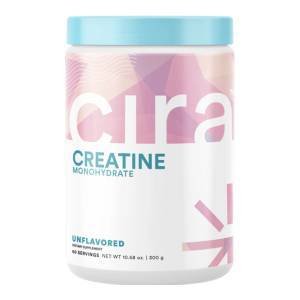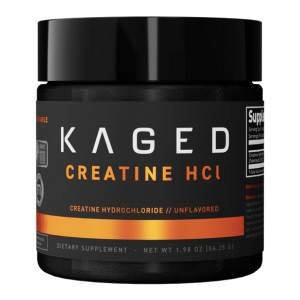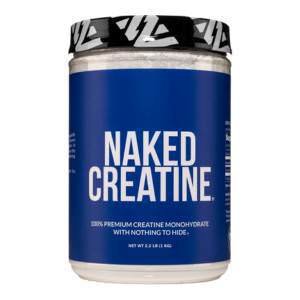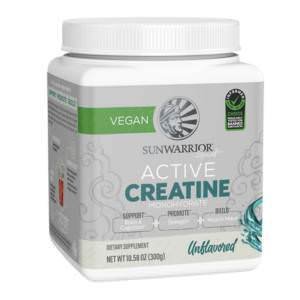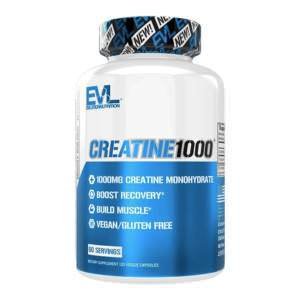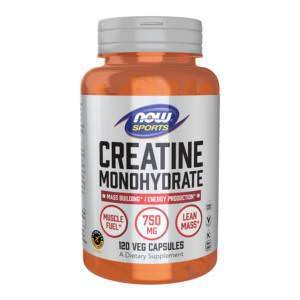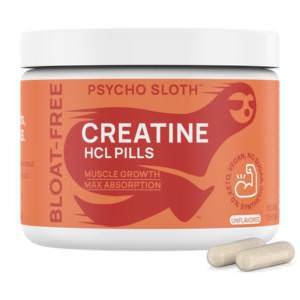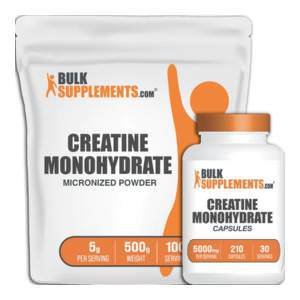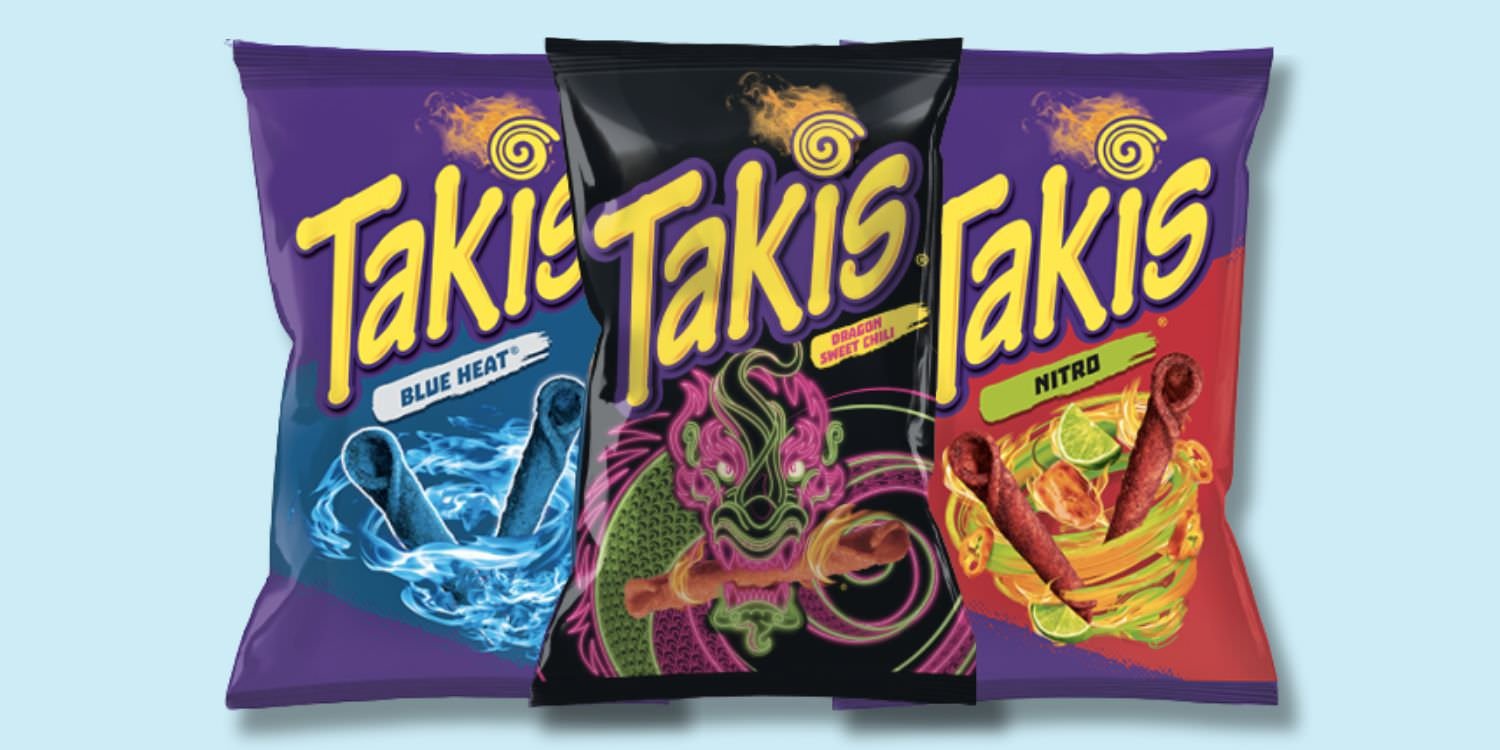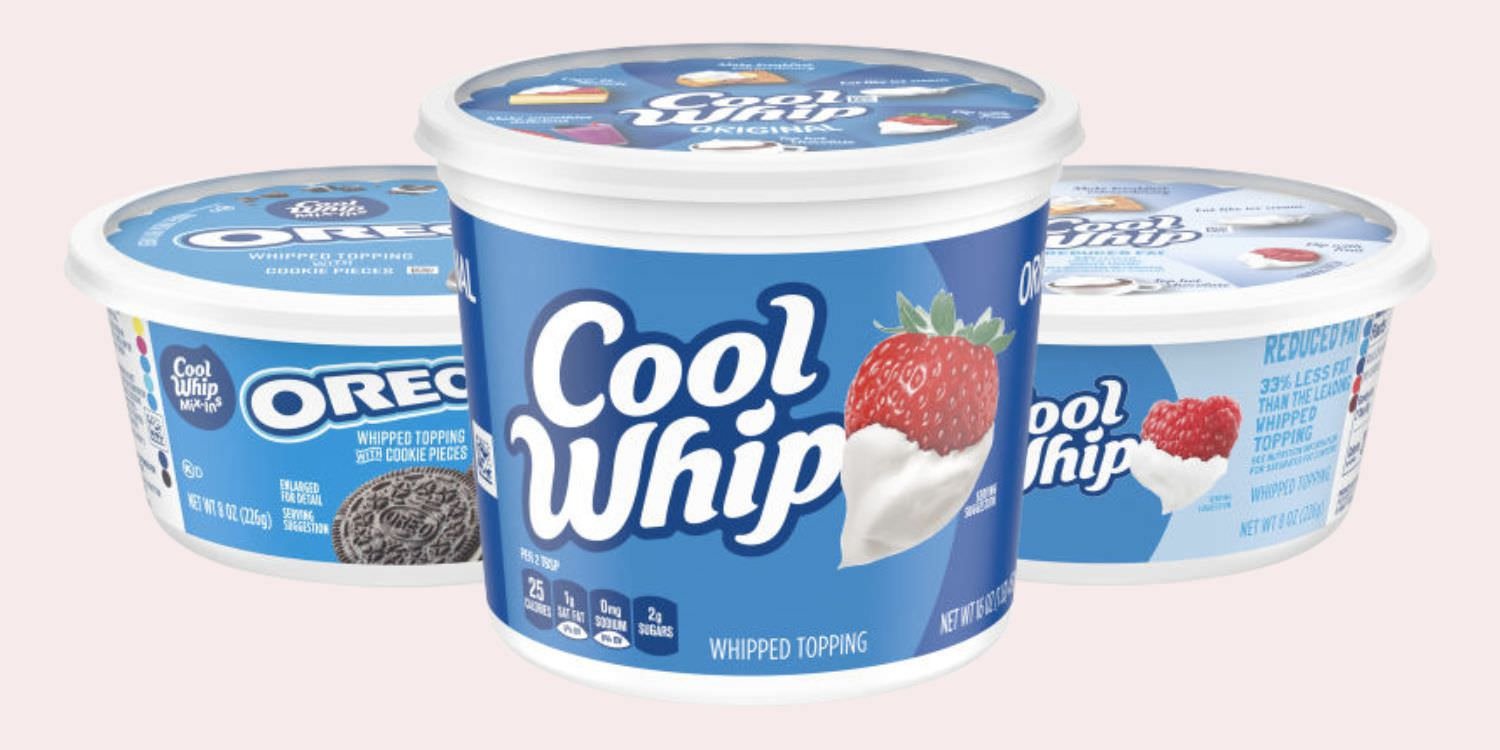Is Creatine Vegan?
This nutrient has been getting a TON of attention lately within both the vegan and athletic communities. That's because it's been shown to increase strength and muscle mass, thus improving athletic performance. In fact, it's been popular among bodybuilders and gym-goers since the 90s!
Creatine is also believed to boost cognitive function, making it potentially beneficial for aging individuals. Considering its wide range of benefits, this may be a product you'd consider including in your daily diet. But, does it involve any animal cruelty, or can it be derived from non-animal sources? Keep reading to find out!
What is Creatine?
Creatine is an amino acid that is naturally produced in our bodies, found in our skeletal muscles and in the brain. This is why it's believed to support brain function as well.
However, because creatine is not an essential nutrient, you are likely not at risk of a creatine deficiency unless you suffer from creatine deficiency disorders (CDDs). These disorders are genetic and not diet-related.
It's worth noting that any additional creatine intake may be less effective in those who don't already consume sufficient essential amino acids on a daily basis.
Vegan Dietary Sources of Creatine
In whole foods, red meat, fish, poultry, and dairy are the only direct sources of creatine. Luckily, a well-nourished body will produce all the creatine it needs.
To naturally produce creatine, we require glycine, arginine, and methionine. So, the only way to obtain sufficient or additional creatine on a vegan diet is to regularly consume foods that contain these three amino acids. This would include legumes, leafy greens, nuts, seeds, and seaweed.
Types of Creatine
There are two main types of creatine: natural and synthetic. Natural dietary creatine can only be obtained directly through the consumption of animal foods. However, as mentioned earlier, we do normally produce natural creatine in our bodies when we consume sufficient amounts of all essential amino acids.
When it comes to synthetic creatine, there are a few you may come across when looking for a supplement. All synthetic creatine supplements are vegan unless they are made with other animal byproducts, like gelatin. Keep reading to learn more about the different types of synthetic creatine!
Is Creatine Monohydrate Vegan?
This form of creatine is composed of one creatine molecule and one water molecule. Creatine monohydrate is the cheapest and most common type used in supplements today.
Is Buffered Creatine Vegan?
Buffered creatine has been pH-regulated for better absorption and easier digestion. However, more research is necessary to validate the claim that this type of creatine is more bioavailable than standard creatine monohydrate.
Luckily, it is synthetic, meaning it is 100% vegan-friendly.
Is Creatine HCl Vegan?
Creatine HCl has been bound with hydrochloride to boost solubility and bioavailability. This type of creatine is also synthetic and not animal-derived.
Is Creatine Nitrate Vegan?
Derived from the creatine monohydrate molecule, creatine nitrate is also believed to enhance absorption, as it's more water-soluble than other forms of creatine.
You'll be happy to know this form of creatine is 100% vegan, as it's not plant or animal-derived. Instead, it's produced synthetically in a lab, as are the others.
Is Creatine Vegan?
Is Creatine Derived from Animals?
All of the most significant natural food sources of creatine are derived from animal products. This would include beef, poultry, fish, eggs, and dairy. Meanwhile, some plant foods like cranberries contain trace amounts of this non-essential amino acid.
Is Creatine Powder Vegan?
Most creatine powders are produced using synthetic creatine. So, if your creatine does not contain other animal byproducts and was not tested on animals, it can be considered vegan-friendly.
Are Creatine Capsules Vegan?
Some creatine supplements come in capsule form. The problem is, many supplement capsules are made of gelatin. If your creatine pills are gelatin-free (simply check the ingredients list), they are likely vegan.
Is Vegan Creatine Better? The Efficacy of Creatine Supplementation
Most experts agree that vegan creatine is at least as effective as animal-derived creatine. In addition, vegans who supplement creatine may reap more noticeable benefits than meat-eaters would. This is because the levels of creatine in those who are on a plant-based diet may have initially been lower.
Decreasing Stroke Risk with Creatine
Did you know there's a link between homocysteine levels and creatine supplementation? Research suggests that while vegetarians and vegans have a lower risk of overall cardiovascular disease, they may have a slightly higher risk of stroke.
This is often because vegans consume less B12 from fortified foods or from farm animals, who receive B12 supplements. Elevated homocysteine levels can lead to a higher risk of stroke, and B12 can lower these levels, hence decreasing the risk.
This means that plant-based dieters who take a B12 supplement regularly should have a lower risk of stroke. For this and many other reasons, vegans should always take a reliable daily or weekly B12 supplement.
However, studies have since shown that vegans and vegetarians can also reduce their homocysteine levels by taking a daily creatine supplement. So, if you already take a B12 supplement, and continue to display high homocysteine levels, including a creatine supplement in your daily regime may be a good idea. Of course, we always recommend consulting your healthcare provider before taking any additional dietary supplements.
How Much Creatine Do I Need?
Grams of Creatine Per Day
It's recommended you consult your healthcare provider regarding the amount of creatine you need each day, as this can vary greatly depending on several factors. A medical professional with access to your health records would also be able to tell you whether you should take creatine or not, as it is not recommended for everyone.
Bioavailability of Creatine
Although creatine is not essential and thus, any additional amount absorbed by the body is considered a bonus, there is something you should keep in mind to get the best value out of your supplements. Combining creatine with caffeine could decrease its efficacy, so you'll want to enjoy your daily cup of coffee at least one hour before or after taking your dose of creatine.
Should I Take a Creatine Supplement As a Vegan?
If you are not an athlete or regular gym-goer, and are consuming sufficient amounts of glycine, arginine, and methionine every day, you likely do not need to take a creatine supplement. However, if you do work out your muscles regularly, taking a creatine supplement could significantly boost your muscle creatine stores. This would improve your physical performance without the use of dangerous performance enhancers.
To be sure if creatine is right (and safe) for you, make sure to consult a medical professional before starting supplementation.
How To Take Creatine
Research suggests that the best way to begin creatine supplementation is by going through a loading phase at first, in which you'd take about 0.3g of creatine per kg of body weight for the first 5-7 days. After the loading phase, you would simply need to take about 5-7g of creatine per day.
Again, consult your healthcare provider for the most accurate dosage to take daily, according to your age, weight, and other factors.
Side Effects of Creatine Supplementation
Although there are no clear negative side effects of creatine supplementation in perfectly healthy individuals, those who stop taking creatine after having consumed it for a while may experience fatigue, loss of muscle mass, and a temporary decrease in natural creatine production.
Vegan Creatine Products To Try
While synthetic creatine itself is totally vegan, this doesn't mean all creatine products exclude animal derivatives from their formulas. For example, a creatine powder may be combined with animal collagen or whey protein, and creatine pills could be enclosed in a capsule made of gelatin.
So, if you're looking for a 100% vegan-friendly creatine supplement you can confidently include in your daily regime, check out our suggestions below!


